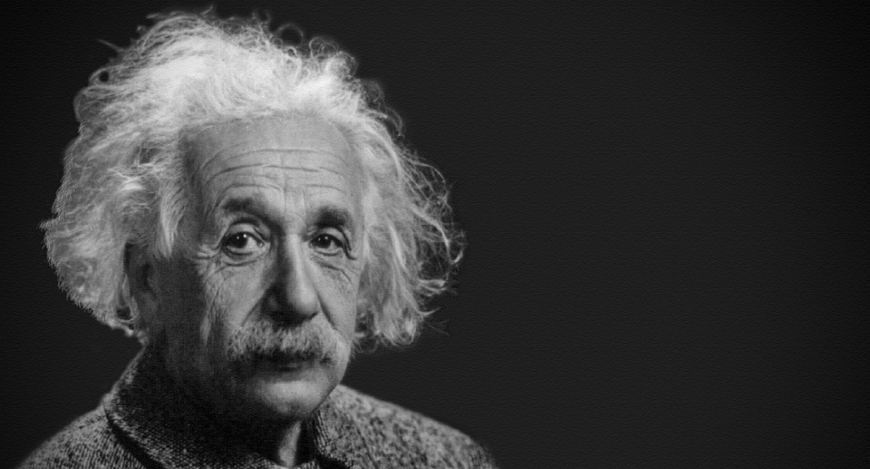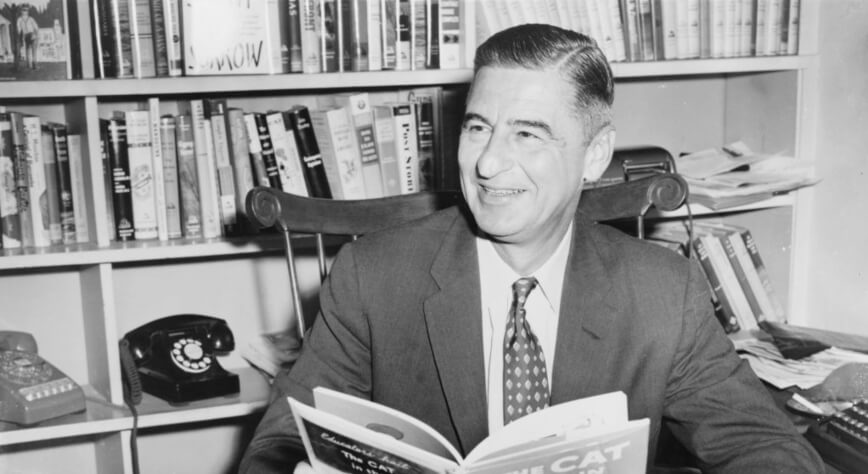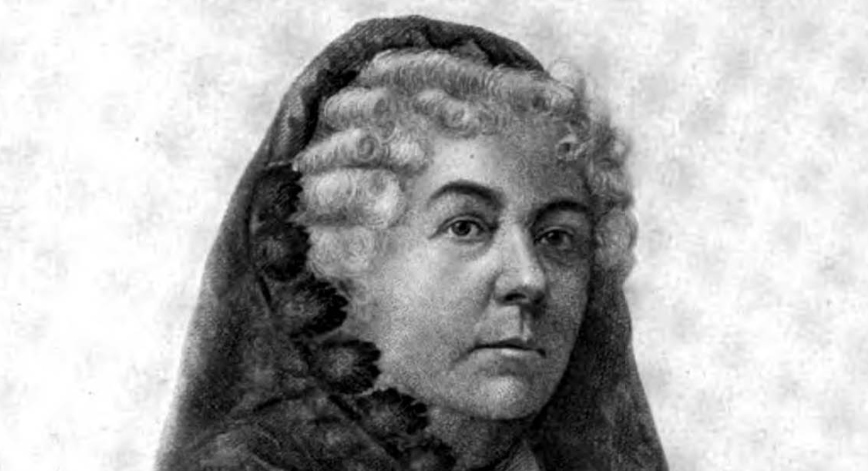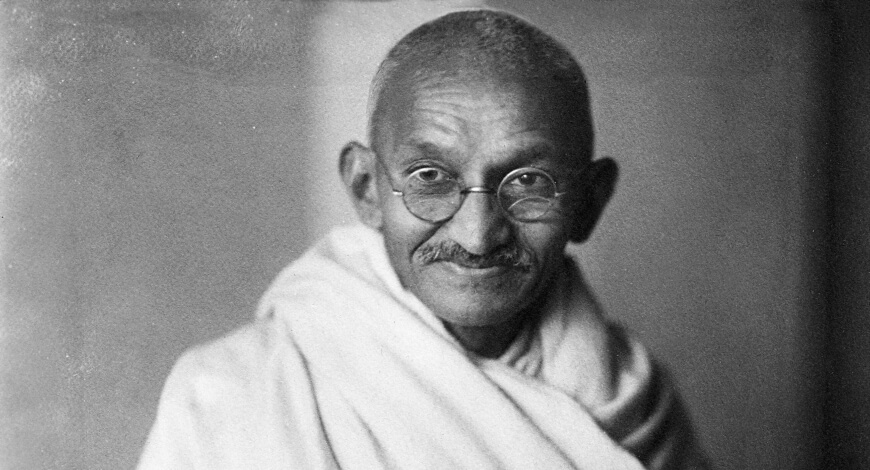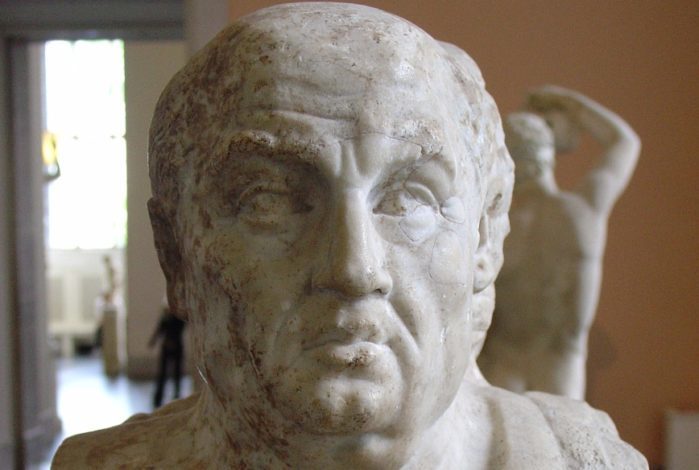Critical thinking is hard work and students know it. To be a good critical thinker a student must examine life closely, ask lots of questions and be tolerant of uncertainty. Often, critical thinking leads to unpleasant truths about people and the world. For many, it’s so much easier to just accept the way the world is and not question it. Students must decide for themselves whether living an examined life is the right path towards fulfillment and happiness.
Many students don’t like rules, and that’s because rules often make students turn against their consciences and deny what they think is right. Yet obedience to rules is necessary for stability. Schools, families and governments can’t function without adherence to the rules. The tension between our impulse to obey authority and our duty to follow our conscience never goes away.
Many students don’t like rules, and that’s because rules often make students turn against their consciences and deny what they think is right. Yet obedience to rules is necessary for stability. Schools, families and governments can’t function without adherence to the rules. The tension between our impulse to obey authority and our duty to follow our conscience never goes away.
Many students assume they are just a number and don’t really matter in the world. They don’t think of themselves as role models with responsibilities to other people. Yet, like it or not, their behavior is being watched and they are having an influence on those around them in important, unseen ways. Becoming more aware of their impact makes students more compelled to act in ethical ways.
Honesty is a character trait to which most people aspire. With honesty comes trust and respect from others. Without it comes fear, suspicion and betrayal. Students face daily ethical choices over whether or not they should pursue the path of honesty or embrace deception.
Students know what it feels like to be hurt. When they are hurt, they have choices to make about how to treat the people who hurt them. These choices give them opportunities to demonstrate empathy and respect for others and to preserve relationships, or break them off. Forgiveness is a moral choice which strikes at the heart of ethical decision-making.
Many students assume they are just a number and don’t really matter in the world. They don’t think of themselves as role models with responsibilities to other people. Yet, like it or not, their behavior is being watched and they are having an influence on those around them in important, unseen ways. Becoming more aware of their impact makes students more compelled to act in ethical ways.
Sacrifice requires that we do things today that don’t have immediate benefits for ourselves; but help others instead. Students have generous hearts but, for the most part, are focused on their own successes and sometimes resist the moral obligation to sacrifice for others.
One of the hardest skills to develop is the ability to see the world from different perspectives. This skill is especially difficult during crises like the Coronavirus where all around us we see despair, social dislocation and loneliness. Everything tells us to lose hope. It is during these hard times, however, that we have fresh opportunities to see differently in ways that can improve our mental health.
When students interact with others, they have lots of moral decisions to make. It’s hard for them to decide exactly how to treat other people, especially strangers, since many times they don’t have much information to go on and so they must rely on their intuitive judgements and best guesses. How they decide to act reflects deeply upon their characters.
Freedom is a concept near and dear to the hearts of kids. Freedom means they can do what they want, when they want. But there are limits to freedom placed on children by parents, schools and society. When kids confront these limits they must decide whether or not to disobey the rules or conform to them. This is an inescapable ethical dilemma that stays with them for the rest of their lives.
Every student knows a little something about enemies and conflict. They don’t get along with everybody and these inevitable conflicts force them to make choices about how to treat other people. These choices have real consequences as they impact their capacities to build and sustain friendships.



